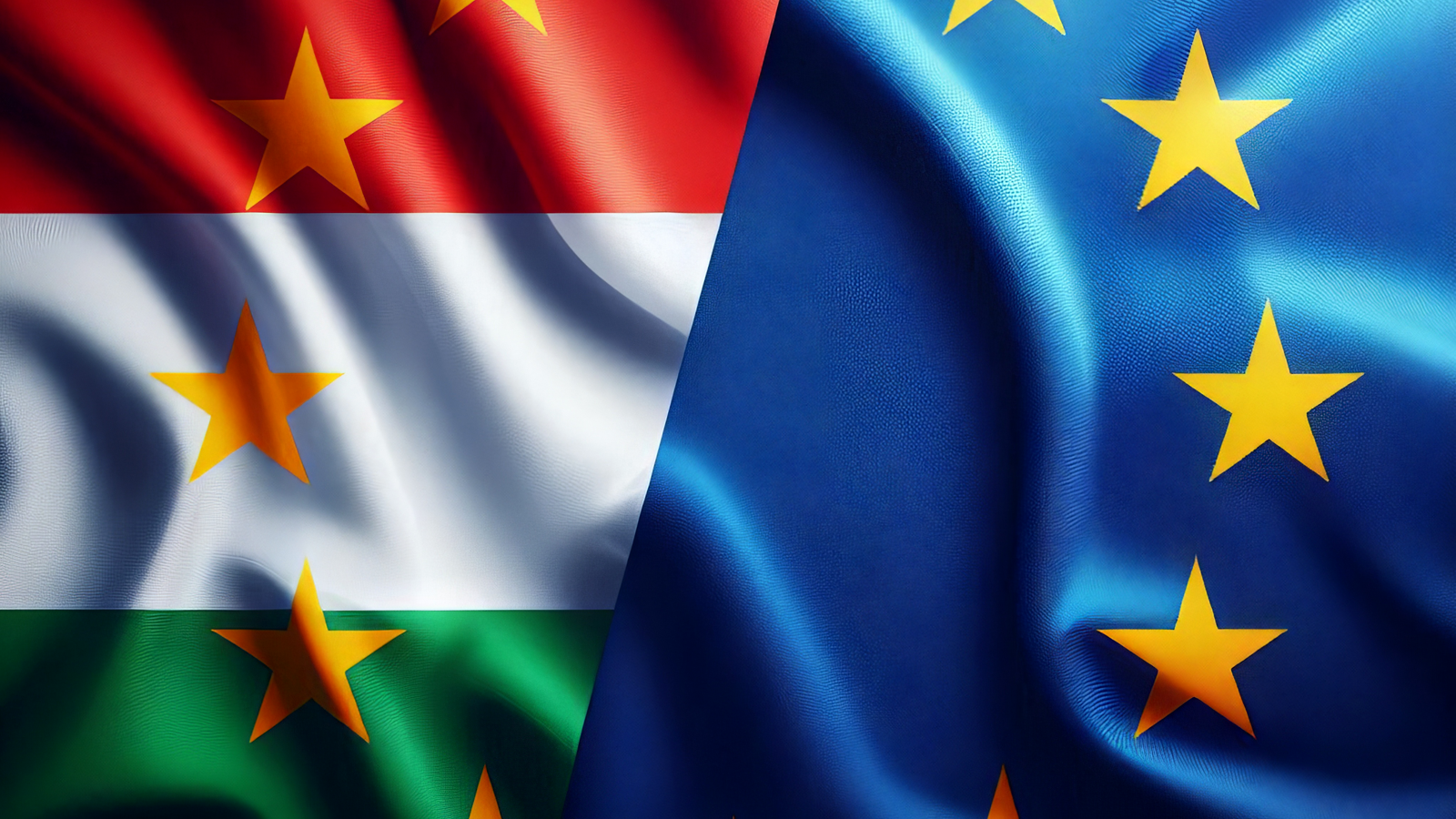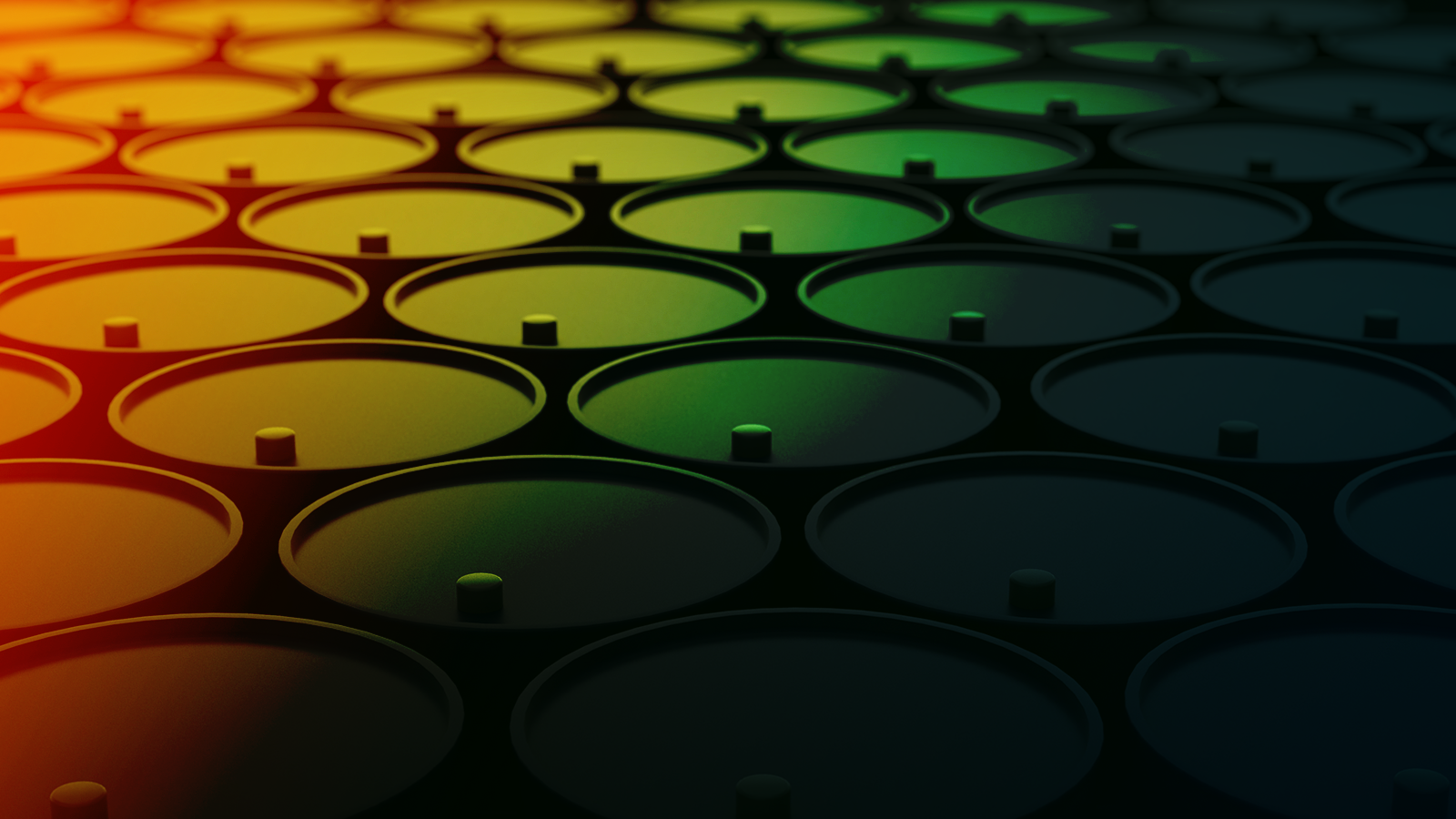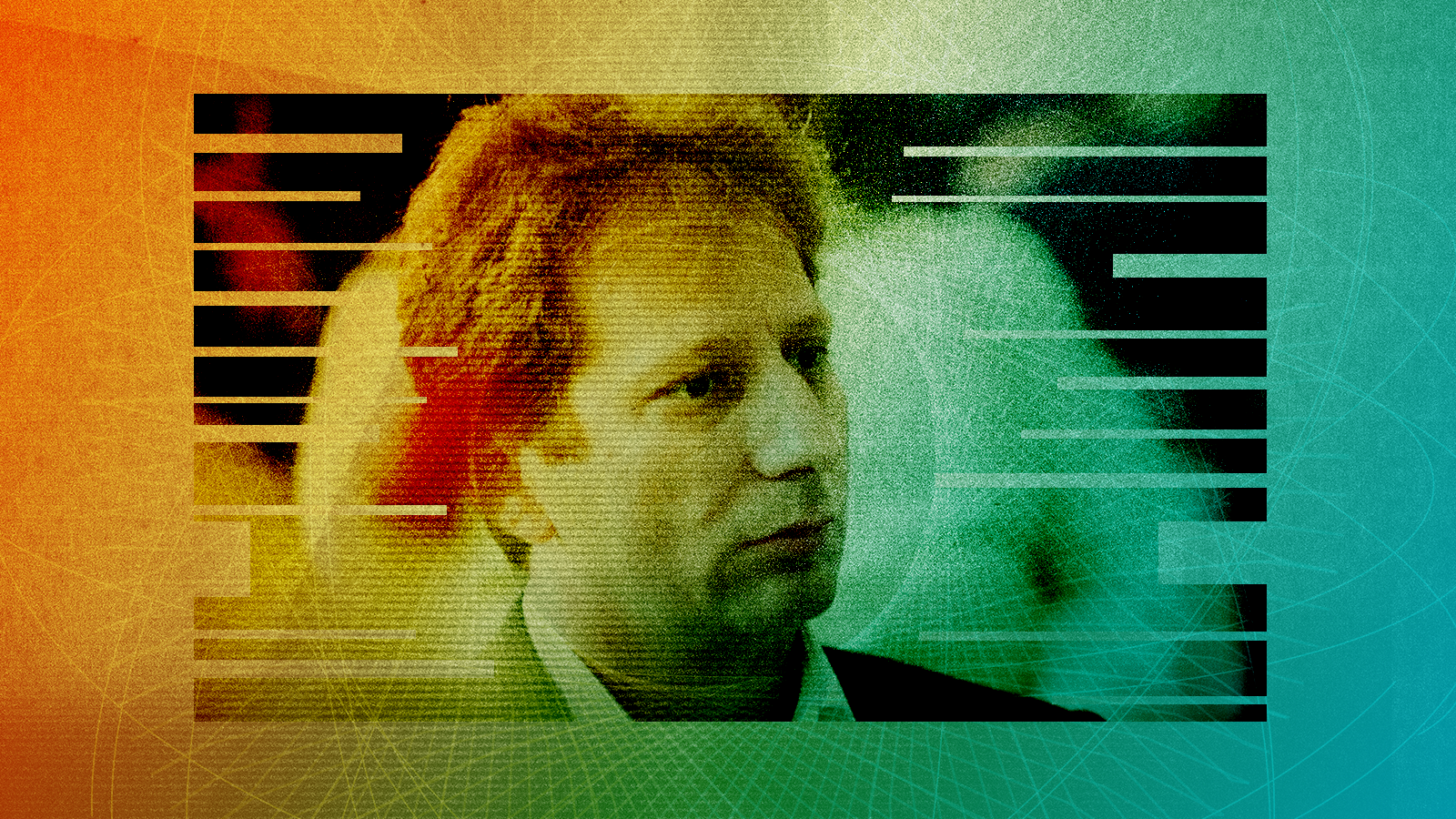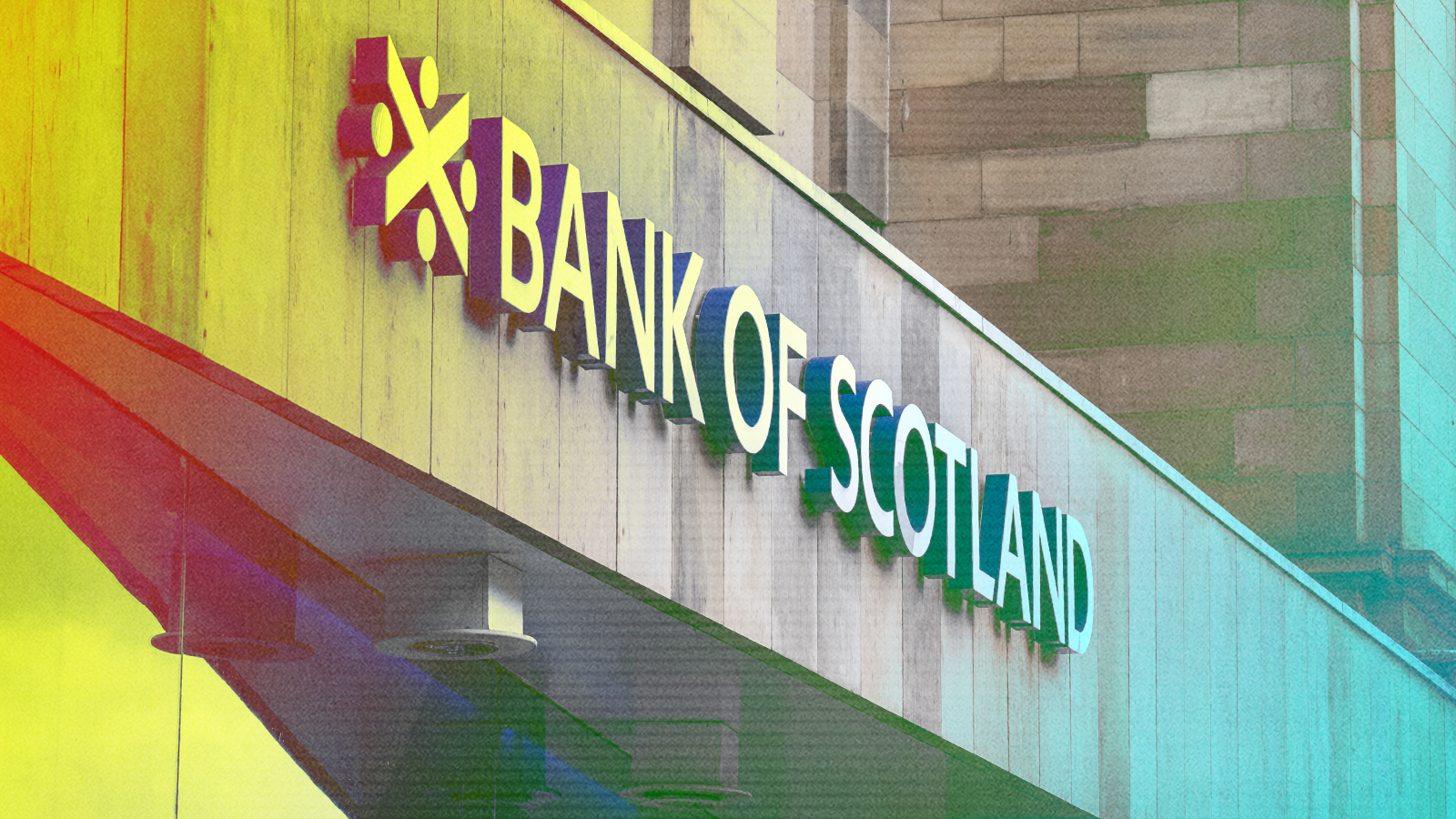The EU this week renewed its sanctions on Russia until July 31, despite a threat from Hungary to block the extension.
The move came days after Ukrainian President Volodymyr Zelensky urged Europe to become an “indispensable” player on the global stage ahead of potential peace talks with Russia.
The path forward for the EU on Russian sanctions, however, seems anything but clear—in part because Hungary isn’t the only potential outlier.
The EU’s ongoing (and future) measures
EU sanctions on Russia date to 2014, when Moscow annexed Crimea and parts of the Donbas, and they significantly expanded following Russia’s full-scale invasion of Ukraine in February 2022. Since then, the EU has implemented 15 separate packages, including asset freezes and severe restrictions on trade, finance, energy, and transport.
The EU says its sanctions on Russia have prevented the import of €91.2 billion worth of Russian goods into EU territory and have led to the freezing of €24.9 billion of private assets and €210 billion in assets from Russia’s central bank. If the sanctions had not been extended, Russia would have regained access to those funds after January 31.
The EU is now due to discuss its 16th package of sanctions on Russia in February, marking the third anniversary of the invasion of Ukraine. Negotiations are at an advanced stage, and the EU will aim to restrict Moscow’s aluminum exports and sanction more vessels linked to Russia’s shadow fleet.
Hungary’s challenge on Russian gas
Hungarian President Viktor Orbán had threatened that Hungary would veto the latest renewal, citing the economic impact on his country from Ukraine’s decision not to renew a gas deal with Russia. The agreement, which expired January 1, had allowed Russian state energy company Gazprom to export relatively cheap gas to Europe via a pipeline network that passes through Ukrainian territory. Hungary was one of the pipeline’s main beneficiaries.
But Orbán’s veto threat lost momentum after U.S. President Donald Trump, a political ally, stated last week that he would impose high tariffs and extend sanctions on Russia if it did not move toward ending the war.
In exchange for not blocking the renewal of EU sanctions, Hungary demanded that the EU Commission “continue negotiations with Ukraine on gas supplies to Europe.” The situation remains unresolved and could pose a challenge to a renewal of the sanctions past July.
More dissent within the EU
Hungary is not alone in criticizing Kyiv’s decision to stop the flow of Russian gas. Slovakia also benefited from the Ukrainian pipelines, and the country’s prime minister, Robert Fico, has hinted that his government may halt electricity exports to Ukraine in retaliation.
The Orbán and Fico governments’ connections to Russia are stoking concern among other EU policymakers. The two leaders have each visited Moscow within the past seven months to meet with Vladimir Putin.
What this means for Russian sanctions
Hungary and Slovakia are expected to block a complete ban on Russian liquefied natural gas (LNG) imports from inclusion in the EU’s next round of sanctions. The sale of LNG is a lucrative business for Moscow, which in 2024 earned over €7 billion from European customers. Hungary has traditionally opposed sanctions on Russian gas exports to Europe amid concerns that they would raise energy costs in the continent.
If the positions of EU countries continue to diverge, states could choose to act on their own initiative, instead of waiting for a consensus in Brussels. In December, after Hungary and Slovakia vetoed EU sanctions on Georgian officials in response to a crackdown of pro-European demonstrations, Latvia, Estonia and Lithuania imposed their own sanctions.
A split in Europe, however, would throw a lifeline to Russia, which is already able to evade sanctions because of disparities in their enforcement across the EU.
—-—-—
More on EU sanctions
The move came days after Ukrainian President Volodymyr Zelensky urged Europe to become an “indispensable” player on the global stage ahead of potential peace talks with Russia.
The path forward for the EU on Russian sanctions, however, seems anything but clear—in part because Hungary isn’t the only potential outlier.
The EU’s ongoing (and future) measures
EU sanctions on Russia date to 2014, when Moscow annexed Crimea and parts of the Donbas, and they significantly expanded following Russia’s full-scale invasion of Ukraine in February 2022. Since then, the EU has implemented 15 separate packages, including asset freezes and severe restrictions on trade, finance, energy, and transport.
The EU says its sanctions on Russia have prevented the import of €91.2 billion worth of Russian goods into EU territory and have led to the freezing of €24.9 billion of private assets and €210 billion in assets from Russia’s central bank. If the sanctions had not been extended, Russia would have regained access to those funds after January 31.
The EU is now due to discuss its 16th package of sanctions on Russia in February, marking the third anniversary of the invasion of Ukraine. Negotiations are at an advanced stage, and the EU will aim to restrict Moscow’s aluminum exports and sanction more vessels linked to Russia’s shadow fleet.
Hungary’s challenge on Russian gas
Hungarian President Viktor Orbán had threatened that Hungary would veto the latest renewal, citing the economic impact on his country from Ukraine’s decision not to renew a gas deal with Russia. The agreement, which expired January 1, had allowed Russian state energy company Gazprom to export relatively cheap gas to Europe via a pipeline network that passes through Ukrainian territory. Hungary was one of the pipeline’s main beneficiaries.
But Orbán’s veto threat lost momentum after U.S. President Donald Trump, a political ally, stated last week that he would impose high tariffs and extend sanctions on Russia if it did not move toward ending the war.
In exchange for not blocking the renewal of EU sanctions, Hungary demanded that the EU Commission “continue negotiations with Ukraine on gas supplies to Europe.” The situation remains unresolved and could pose a challenge to a renewal of the sanctions past July.
More dissent within the EU
Hungary is not alone in criticizing Kyiv’s decision to stop the flow of Russian gas. Slovakia also benefited from the Ukrainian pipelines, and the country’s prime minister, Robert Fico, has hinted that his government may halt electricity exports to Ukraine in retaliation.
The Orbán and Fico governments’ connections to Russia are stoking concern among other EU policymakers. The two leaders have each visited Moscow within the past seven months to meet with Vladimir Putin.
What this means for Russian sanctions
Hungary and Slovakia are expected to block a complete ban on Russian liquefied natural gas (LNG) imports from inclusion in the EU’s next round of sanctions. The sale of LNG is a lucrative business for Moscow, which in 2024 earned over €7 billion from European customers. Hungary has traditionally opposed sanctions on Russian gas exports to Europe amid concerns that they would raise energy costs in the continent.
If the positions of EU countries continue to diverge, states could choose to act on their own initiative, instead of waiting for a consensus in Brussels. In December, after Hungary and Slovakia vetoed EU sanctions on Georgian officials in response to a crackdown of pro-European demonstrations, Latvia, Estonia and Lithuania imposed their own sanctions.
A split in Europe, however, would throw a lifeline to Russia, which is already able to evade sanctions because of disparities in their enforcement across the EU.
—-—-—
More on EU sanctions







